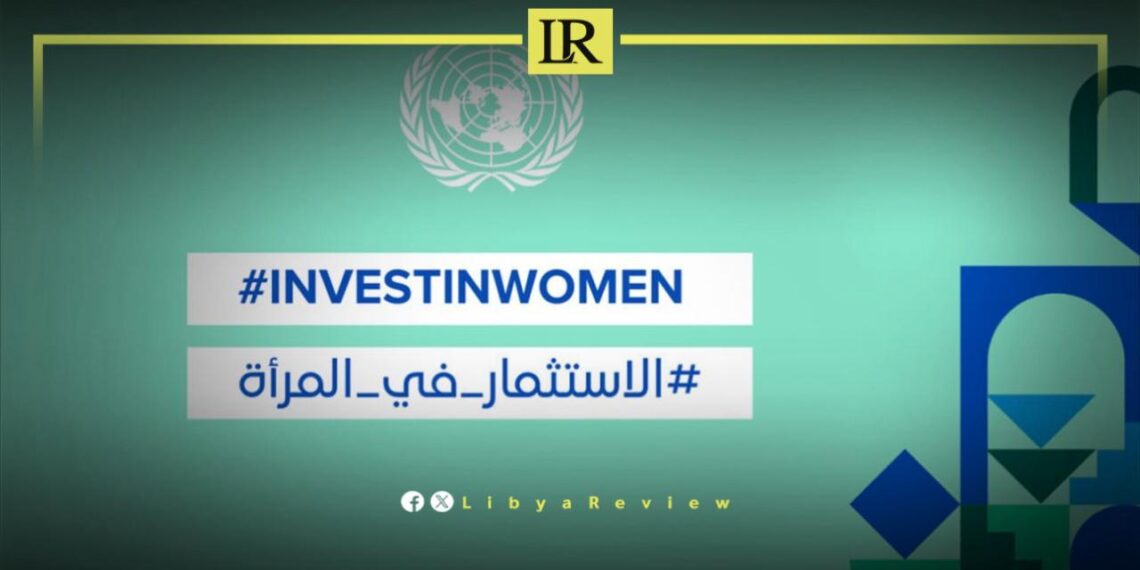The United Nations in Libya has carried out an online survey as part of its activities to celebrate International Women’s Day. The survey gathered insights from 63 participants, both male and female, highlighting the crucial role of women in not only enhancing the political landscape but also improving the economic conditions that often disproportionately affect them.
A significant point made by a third of the respondents was the belief that as women constitute half of the society, their involvement in decision-making processes would not only uplift the political scenario but also the economic situation at large. A 45-year-old woman from Misrata emphasized the importance of involving the entire society in shaping the future, not just half of it.
Many participants underscored the value of including women for the diverse perspectives they bring to key issues, leading to more comprehensive decision-making and the creation of innovative policies. The importance of presenting inspiring female role models for future generations was also highlighted, aiming to shift the societal perceptions that have historically undermined the role of women.
A 55-year-old woman from Tripoli pointed out, “Women play a role in spreading peace and improving living standards, especially when in leadership positions.” The survey responses also suggested that women’s participation in political processes through voting and running for elections could enhance their role in political decision-making and ensure equal opportunities in shaping government policies.
A young Amazigh woman from Zuwara, aged 23, shared her positive experience with training programs offered by various organizations, stressing the need for future training to focus on practical and applicative aspects like visits to ministries and parliament, and engagement with local leaders to make political life more accessible to women.
The unanimous desire among participants was for increased support from the United Nations in Libya for women. Recommendations included ensuring a comprehensive process that allows women from all communities across Libya to participate, advocating for quotas for women in state institutions, and encouraging the adoption of laws and policies that protect women’s rights, promote equality, and shield women and girls from violence, especially on social media.
The survey participants also called for enhancing women’s communication and advocacy skills, particularly among young women, to increase their political engagement and their ability to design and implement projects and programs aimed at protecting women’s rights and supporting women’s development. This includes hands-on training with parliamentary visits, engagement in dialogue with local leaders, and conducting workshops at universities, higher institutions, and schools to raise awareness about women’s rights.
This initiative by the United Nations underscores the essential role of Libyan women in political processes and the collective effort needed to ensure their voices are heard and valued in shaping the future of Libya.


